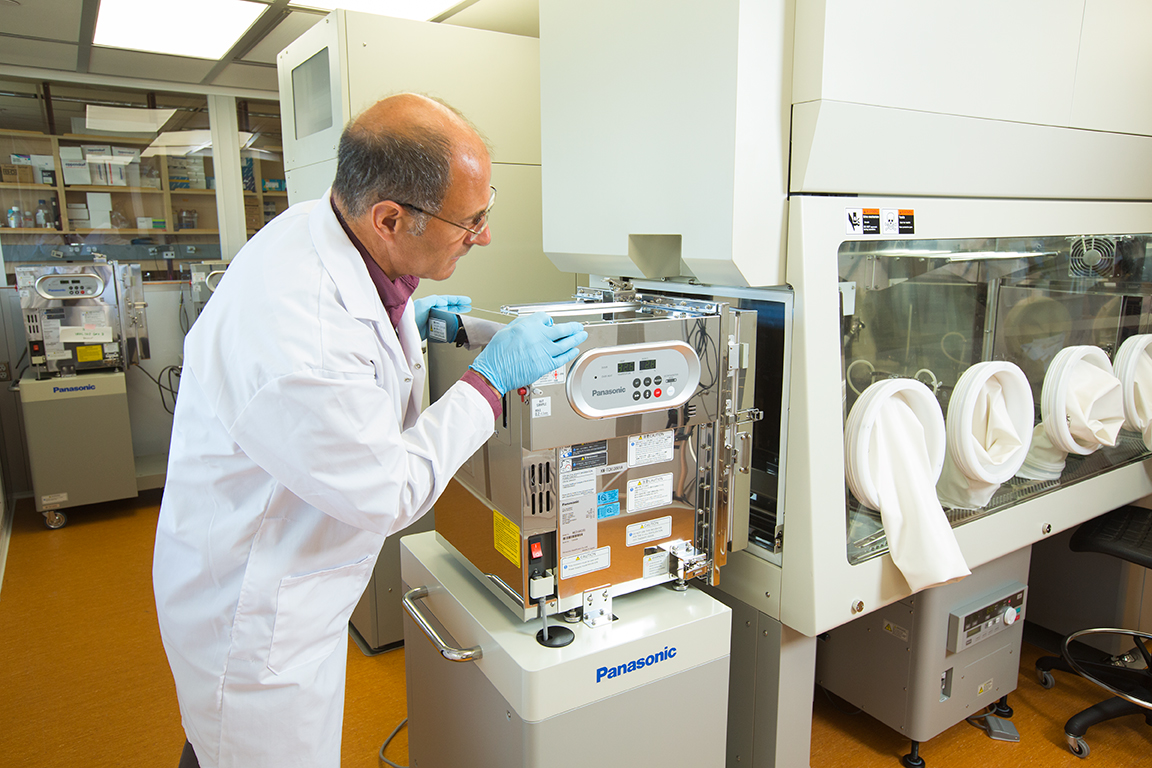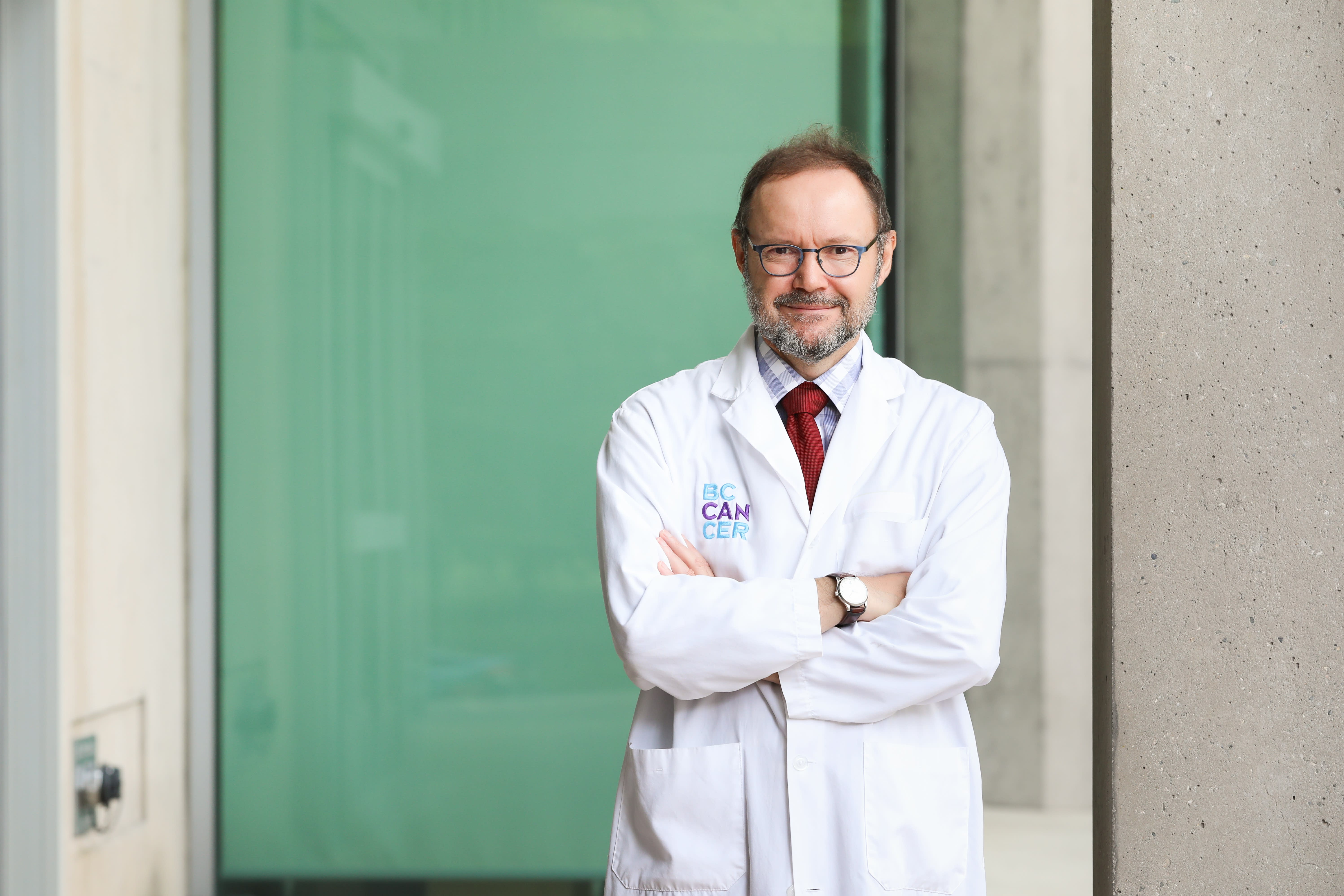Over the past few weeks I have tried to provide some insight into the exciting immunotherapy research going on at the Deeley Research Centre, as well as the fundraising progress of the Cell Cyclists. For my final post, I thought that I would provide some insight into the future of immunotherapy at the Deeley Research Centre.
Currently, the major focus in cancer care and research is how to develop better, targeted treatments that can improve patient survival rates. You can think of cancer as a cluster of different but related cells that have evolved over time.
This evolution and diversity of cancer cells renders many treatments ineffective. That being said, not only is every patient different, but so are their cancers. To tackle such a heterogeneous population of cells, the Deeley Research Centre is taking a personalized approach for cancer treatment in the form of immunotherapy, specifically “adoptive T-cell therapy”. Immunotherapy enables the immune system to identify and kill abnormal cancer cells while sparing normal cells.

Believe it or not, a form of immunotherapy was first used over a Century ago. Today, immunotherapy is revolutionizing the treatment of cancer to a point where we are seeing unprecedented successes in cancers such as melanoma.
The future of immunotherapy is very exciting! I am proud to say that I am part of a team that is helping to truly transform the way we treat patients to conquer cancer. Despite all of the breakthroughs that we have seen with immunotherapy, we have not yet fully harnessed its full potential. Determining precisely how these therapies work and how they can be enhanced to prevent patient relapses is on the agenda at the Deeley Research Centre. This includes combining different types of immunotherapies, using cancer-selective viruses called “oncolytic viruses”, or targeting the tissue surrounding the tumour to enhance immune responses.
As I look into the future, I am certain that we will see the positive impact of immunotherapy on patient outcomes. Before I go, I’d like to thank all of the patients and donors who truly make our research possible.
Lindsay


